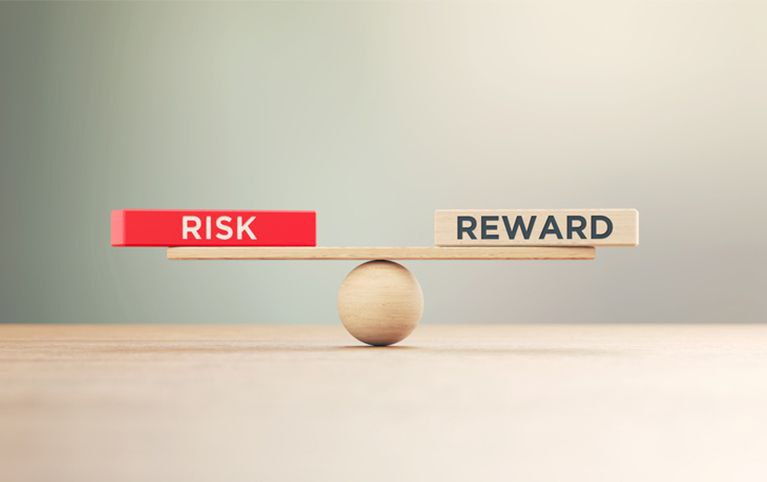Back
Basavaraj k Chikki
Entrepreneur, roboti... • 10m
Why Taking Calculated Risks is Essential for Startup Success Risk is the shadow every startup founder faces. It’s daunting, yet it fuels the thrill—and the potential rewards—of entrepreneurship. The trick isn’t avoiding risk; it’s mastering calculated risks. Here’s why this skill is vital for startup success. What is a Calculated Risk? A calculated risk is a choice made after sizing up the downsides and upsides. It’s not a wild gamble—it’s a strategic move. Founders who excel at this don’t leap blindly; they dig into research, plan ahead, and brace for different outcomes. This keeps losses in check while opening doors to growth. Why It Matters Startups live or die by innovation, and innovation demands venturing into uncharted territory. Sticking to the safe path means stagnation—no breakthroughs, no edge. But reckless jumps can tank a company. Calculated risks find the sweet spot: they stretch limits without breaking the business. They’re how startups scale smartly instead of crashing hard. A Real-World Example Look at Airbnb. In 2008, its founders were strapped for cash and desperate to fund their vision. They took a calculated risk: selling election-themed cereal boxes (“Obama O’s” and “Cap’n McCain’s”). It was quirky but clever—they tapped into election buzz, kept costs low, and banked $30,000. That lifeline kept them afloat. Today, Airbnb’s worth billions, thanks to bold yet measured moves like that. How to Do It Try Jeff Bezos’ “Regret Minimization Framework.” Ask: “In five years, will I regret skipping this risk?” If yes, and the fallout won’t ruin you, take the shot. It shifts your focus from short-term jitters to long-term wins. Final Takeaway Risk isn’t your foe—it’s a tool. Wield it with care, and it can propel your startup forward. What risk are you mulling over? Drop it in the comments! #startup #entrepreneurship
More like this
Recommendations from Medial
Vasvi Seth
Cyber Security Stude... • 1y
💼 Understanding Risks in Cybersecurity 💼 Risks are the backbone of cybersecurity strategy – they're what we guard against, mitigate, and manage every day. But what exactly is a risk? 🔒 A risk is anything that can affect the confidentiality, inte
See Moresugan davasan
Scaling Professional... • 1y
I have grown my agency to make in Lakhs every single month. Being an entrepreneur at 19 is a bold and inspiring move. It requires a unique blend of passion, determination, and a willingness to take risks. While many may associate entrepreneurship
See More
Anugrah
Exceptional 1 : Foun... • 10m
Brain Breaking Thoughts DAY-6! What’s the biggest risk you can take in your 20s? 🌱 Is it betting on yourself with a big leap, or playing it safe and sticking to what you know? Some say taking big risks early is the only way to grow fast, while othe
See MoreDownload the medial app to read full posts, comements and news.





















/entrackr/media/post_attachments/wp-content/uploads/2021/08/Accel-1.jpg)




















